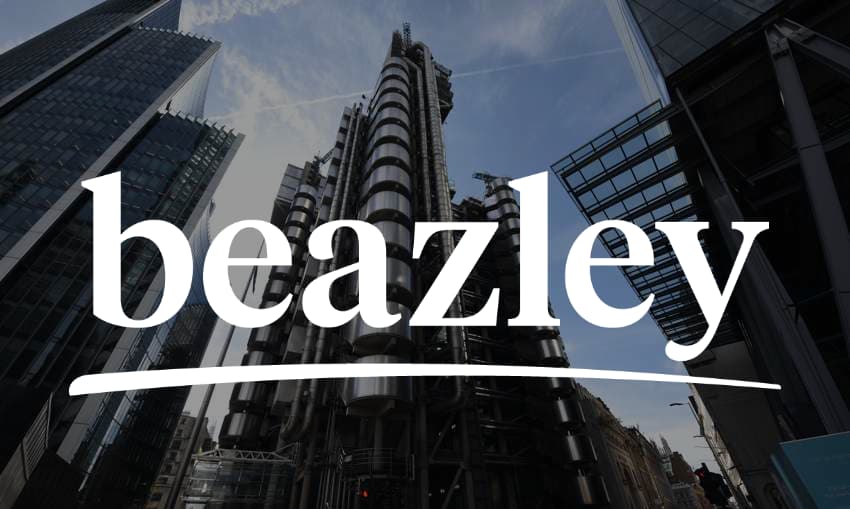Last week “Globes” reported that Minister of Transport Miri Regev had instructed her senior officials to examine converting bus lanes in cities into carpool lanes, which can also be used by cars with several passengers. While there are such lanes on inter-city highways, experts warn that such a practice within cities would lead to chaos and the Ministry of Finance opposes such measure which it says would, “Increase congestion contradicting the government’s policy of reducing the congestion, and damage the Israeli economy by tens of billions of shekels per year.”
As part of the previous state budget, a series of investments in transport infrastructure was agreed upon between the Ministries of Finance and Transport with NIS 7 billion allocated over five years for bus lanes in cities. The lanes are critical for promoting transport in Israel’s congested metropolitan areas, where the density of vehicles on the roads is one of the highest in the West. These lanes can transport more buses and drivers in less time, thus making more efficient use of existing resources by shortening journey times and more importantly providing passengers with more reliable and punctual bus services.
For example, on HaKommamiyut Street in Bat Yam, cars traveled at 18 kilometers per hour and buses 12 kilometers per hour. After building a bus lane, bus speeds rose to 22 kilometers per hour while cars traveled at the same speed of 18 kilometers per hour. While in cars there are few if any passengers, in a bus there are dozens of passengers, so the public resource, the road, is more efficient and provides more accessibility for more people.
“Optimum utilization of rights of way”
Despite clear advantages, it is not easy to promote priority lanes in Israel. The main reason for this is political opposition by local authorities, since the establishment of these lanes in cities is at the expense of car lanes and parking. The State Comptroller’s report listed municipalities that delayed bus lanes before the local elections in 2018 including Holon, Lod, Herzliya, Ramla and Kiryat Ono. Kfar Saba and Ra’anana municipalities canceled projects.
Now Regev is demanding to examine the conversion of bus lanes to carpool lanes. Asked by “Globes,” the Ministry of Transport, which until recently was proud of its bus lanes, said in line with the minister’s directive, care must be taken to “utilize the rights of way in an optimal manner.”
Meanwhile, the Ministry of Transport says, the minister has asked to examine the possibility of also integrating “high-occupancy vehicles into bus lanes.” The Ministry of Transport In the meantime, according to the Ministry of Transport, the minister asked to examine the possibility of integrating “high-occupancy vehicles also in urban public transport routes”. The Ministry of Transportation adds that many bus lanes are not being fully used, while drivers in the nearby lanes are stuck in traffic jams.
RELATED ARTICLES
Transport Ministry: Israel’s traffic jams about to get worse
Miri Regev blocks progress on Metro
Many years work thrown in the garbage can
Another ministry involved in the activities of the bus lanes is the Ministry of Finance, which has a different approach to Regev. The Ministry of Finance said, “According to publications of the Ministry of Transport, the level of reliability of bus services is low and is on a downward trend,” One of the reasons for this is the great shortage of bus lanes, which harms the credibility of bus services.
The Ministry of Finance believes that a professional examination of the matter will lead to the conclusion that damage to the public transport system and its priority will significantly harm a large number of public transport passengers, who will experience a slower and more unreliable service than currently. In addition to this, it is claimed that the conversion to carpool lanes could increase congestion, “and therefore, contrary to the government’s policy to reduce congestion, the Israeli economy would suffer damage of tens of billions of shekels per year.”
A source in the industry said, “It is a matter of throwing many years work in the garbage can”, and the progress achieved compared with the u-turn now. A government official said, “The State of Israel is one big traffic jam. The only alternative is public transport, and infrastructure is critical for that. The bus lanes that we are turning into carpool lanes is a joke. There is no enforcement, and cars will jam up the buses. Ultimately carpool lanes will become normal lanes.”
The new situation will lead to chaos
In addition to the damage to the service, busy carpool routes do not have appropriate digital enforcement and police enforcement is insufficient.
Infrastructure expert Prof. Erel Avineri and head of the enigineering program at Afeka College said, “In an ideal world, if we see unused capacity, we would like to take advantage of it and put more vehicles in the time windows and in places where buses don’t travel. The main problem is control. As soon as we allow more cars to enter, we have no control over them and their demand and they will disrupt the good aims we want to achieve such as continuous bus travel, economic efficiency and reducing emissions. Such a situation will lead to chaos. It seems that we are unable to create bus lanes that give priority to buses, while at least on railways, you can’t bring cars in.”
Published by Globes, Israel business news – en.globes.co.il – on August 30, 2023.
© Copyright of Globes Publisher Itonut (1983) Ltd., 2023.







































